Essential Vegan Iodine Sources: A Complete Guide
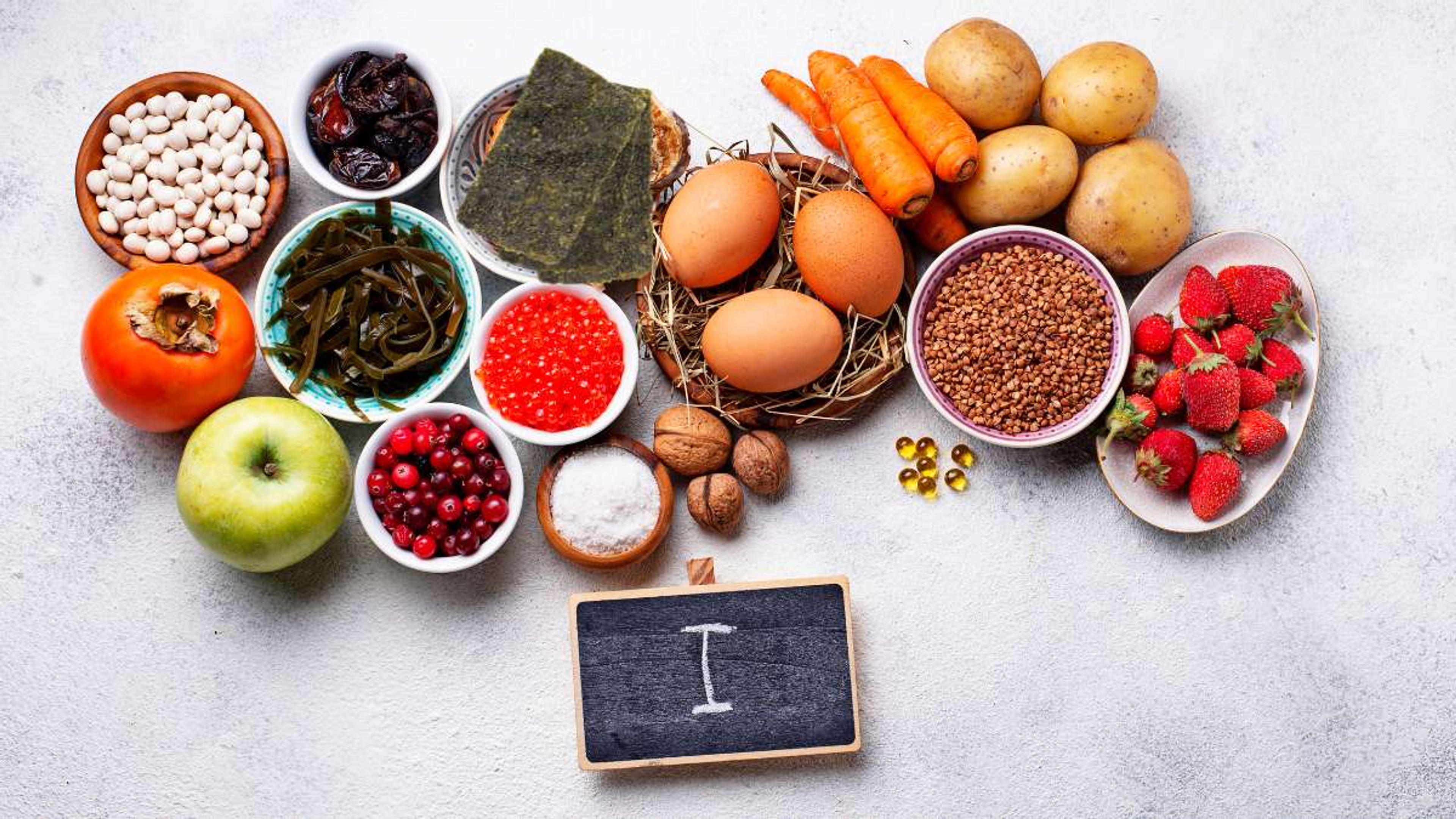
- Key Takeaways
- What is Iodine, Daily Nutritional Need, and why is it important?
- List of Iodine-Rich Plant-Based Foods
- Iodine Supplements for Plant-Based Diets
- Iodine Deficiencies and Issues on a Vegan Diet
- How to Incorporate Iodine-Rich Foods into a Vegetarian Diet
- Cooking Methods for retaining Iodine content and enhancing absorption
- Conclusion
- FAQs
Are you following a vegan diet and worrying about fulfilling your iodine intake? Iodine, an essential nutrient that supports thyroid hormones and metabolism is often overlooked in plant-based eating.
Our blog dives deep into a myriad of vegan food options rich in this crucial nutrient for vegans. Let's get to it - discover how to ensure adequate iodine with a vegan lifestyle ahead!
Key Takeaways
- Iodine is an essential mineral that our bodies cannot produce, which means we must obtain it from our diet.
- Seaweed and algae, such as nori, kelp, wakame, and spirulina, are excellent sources of iodine for vegans.
- Iodized salt is a significant source of iodine for plant-based diets.
- Fruits like strawberries and prunes and vegetables like kale and broccoli are rich in iodine.
- Legumes such as navy beans and lima beans are valuable additions to a vegan diet.
What is Iodine, Daily Nutritional Need, and why is it important?
Iodine is a trace element found naturally in specific foods and also added to some types of salt. As an essential mineral, our bodies cannot produce iodine, which means we must obtain it from our diet or take supplements for balance.
The role of iodine in the body is critical; it supports proper thyroid function and aids in the production of thyroid hormones, which is essential in managing hyperthyroidism. Thyroid function plays a critical role in the human body and it is often overlooked. Here's why it is important. Thyroid hormones regulate our metabolism, which impacts various bodily functions such as energy levels, weight management, and even our heart rate. Without adequate iodine, the thyroid gland cannot produce enough hormones, leading to imbalances and potential health issues.
For vegans, ensuring sufficient iodine intake is crucial. Fortunately, there are numerous plant-based sources rich in this essential nutrient. Seaweed and algae, like nori, kelp, wakame, and spirulina, are excellent options to incorporate into your diet. These sea vegetables provide an abundance of iodine while offering a unique flavor to your
The daily nutritional requirement for this vital mineral varies based on age, gender, and overall health condition. For instance, adults typically need about 150 micrograms per day while pregnant women may require slightly more due to their changing physiological needs.
A deficiency can lead to various health issues including Goiter and Hypothyroidism; hence the importance of adequate intake cannot be understated. On the other hand, seaweed serves as a favorable source given its high iodine content making it suitable for vegans who may have limited choices owing to regional discrepancies in food availability.
It is important to be aware of the symptoms of iodine deficiency to ensure proper intake and prevent potential health issues.
List of Iodine-Rich Plant-Based Foods
Seaweed and Algae (Nori, Kelp, Wakame, Spirulina)
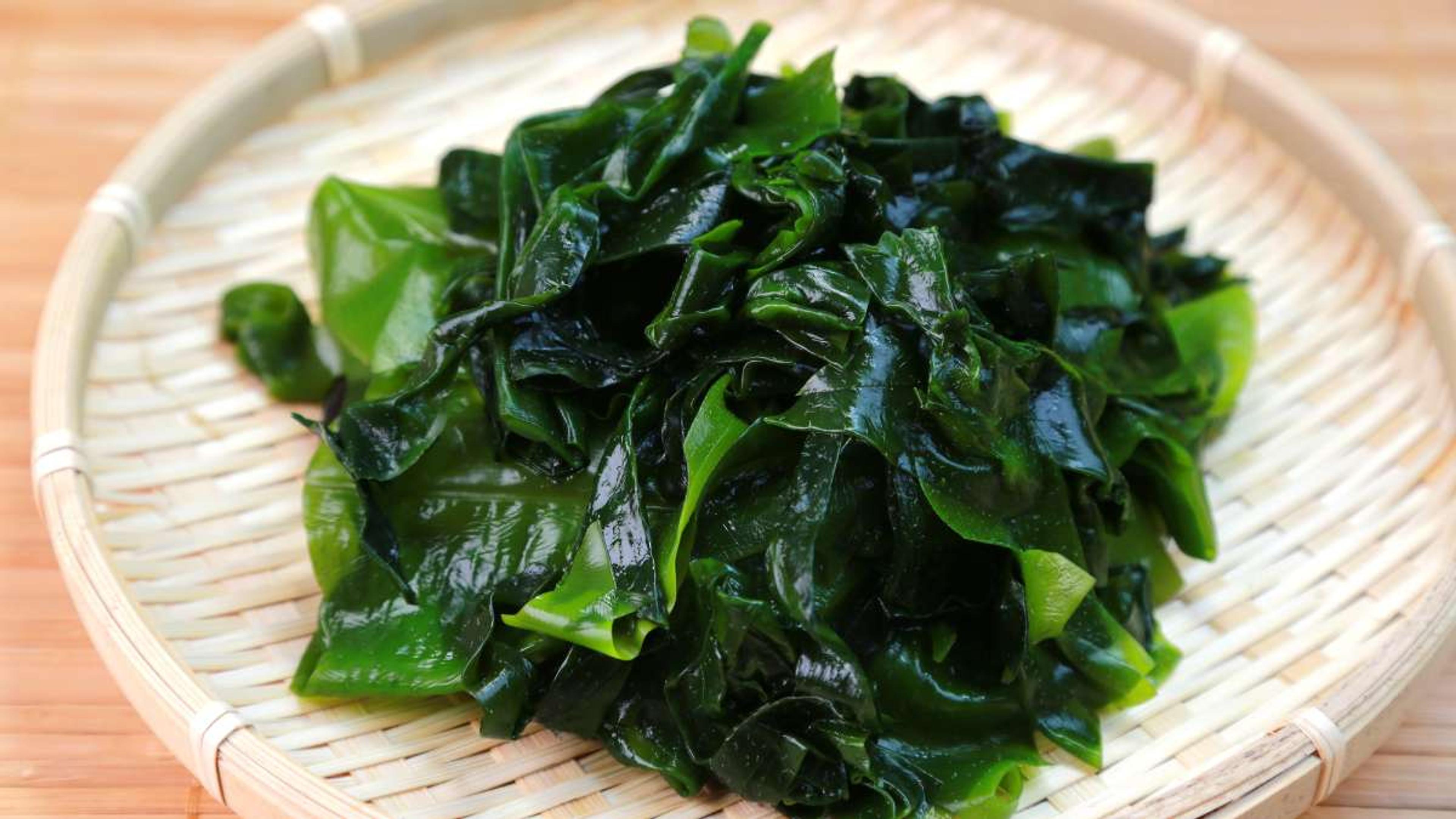
Seaweed and algae serve as excellent sources of iodine for those conforming to a vegan diet. Nori, kelp, wakame, and spirulina are edible seaweeds that are not only nutritionally rich but also a delight in various culinary preparations.
They possess high concentrations of iodine that can aid in maintaining healthy thyroid function.
Dried seaweed variants such as nori, kelp, wakame, dulse, or arame perform the dual roles of enhancing dish flavors while supplementing your diet with substantial traces of iodine, making them a good source of iodine. Including these sea vegetables into your meals is an easy way to manage diabetes and sustain weight loss too.
Especially in regions where other foods tend to be deficient in iodine, adding seaweed to one's diet could turn out quite beneficial.
Iodized salt
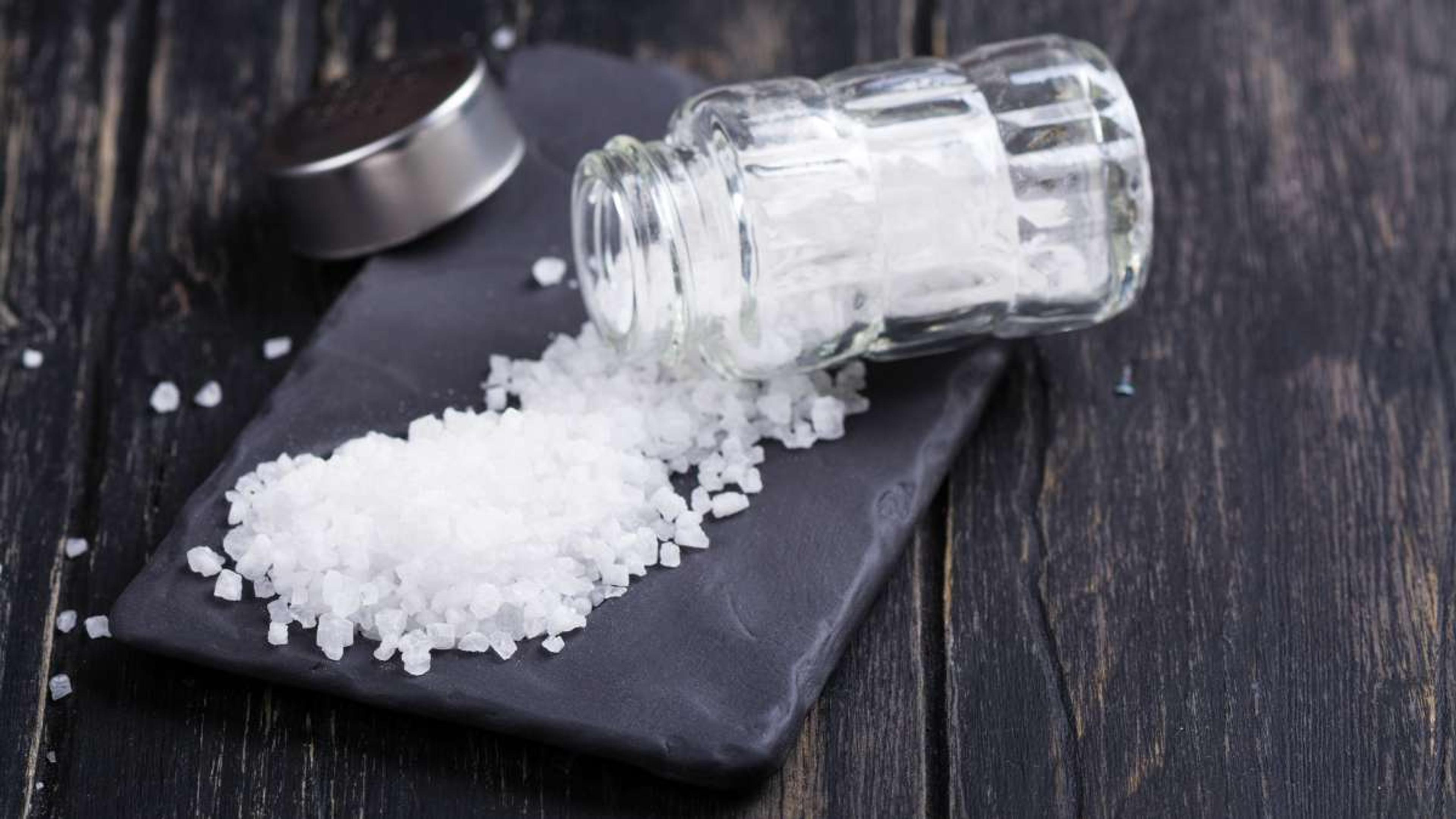
Iodized salt serves as a significant source of iodine for vegans. Regular table salt undergoes a simple process to include this essential nutrient, making it an accessible way for people following a plant-based diet to meet their daily iodine requirements.
Aside from its role in seasoning food, iodized salt aids in maintaining healthy thyroid function which is vital for metabolism regulation. Iodine deficiency can instigate health problems such as hypothyroidism and goiter, as well as toxicity if consumed in excess. However, it is important to note that consuming too much iodine can also lead to health issues, highlighting the importance of consuming the right amount of iodine.
Hence, incorporating iodized salt into meals can ensure sufficient intake of this trace element and help prevent potential issues associated with its deficiency. In case you are concerned about your sodium levels because of the increased use of iodized salt or if you suspect that your eating habits aren't providing enough iodine, considering an appropriate supplement under professional guidance could be beneficial.
In case you are using Himalayan salt, it is important to note that it does not contain significant amounts of iodine. While Himalayan salt offers other minerals and can enhance the flavor of dishes, it should not be relied upon as a source of iodine for vegans.
Iodine-rich fruits
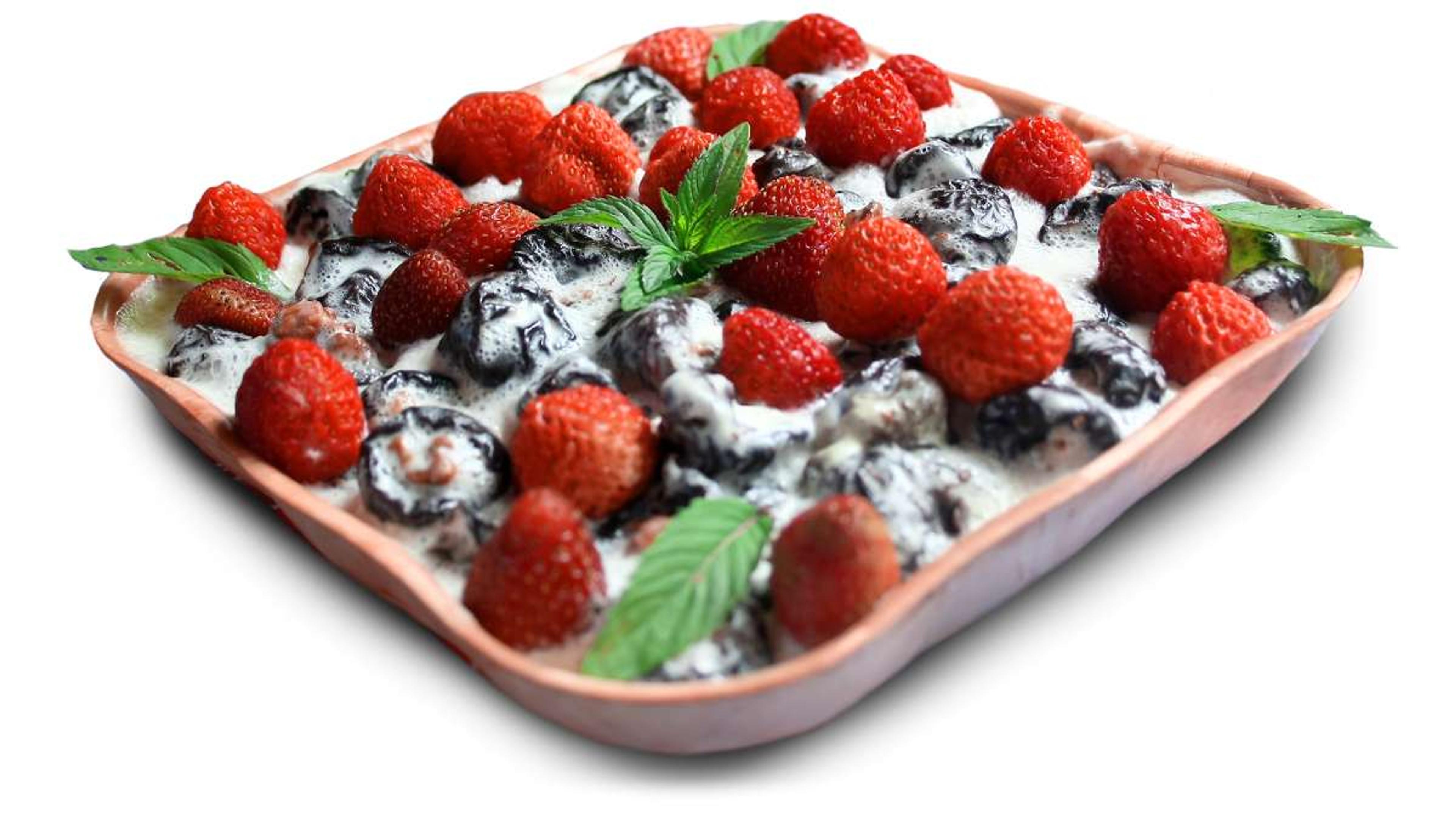
Strawberries, cranberries, pineapple, bananas and prunes are examples of fruits that are rich in iodine. These fruits can be a great addition to a vegan diet as they provide essential nutrients while also boosting iodine intake. Five dried prunes provide a good vegetarian source of iodine by meeting 9% of the daily value.
So incorporate these iodine-rich fruits into your meals or snacks, you can help support thyroid function and maintain optimal levels of this important micronutrient in your body.
Iodine-rich vegetables
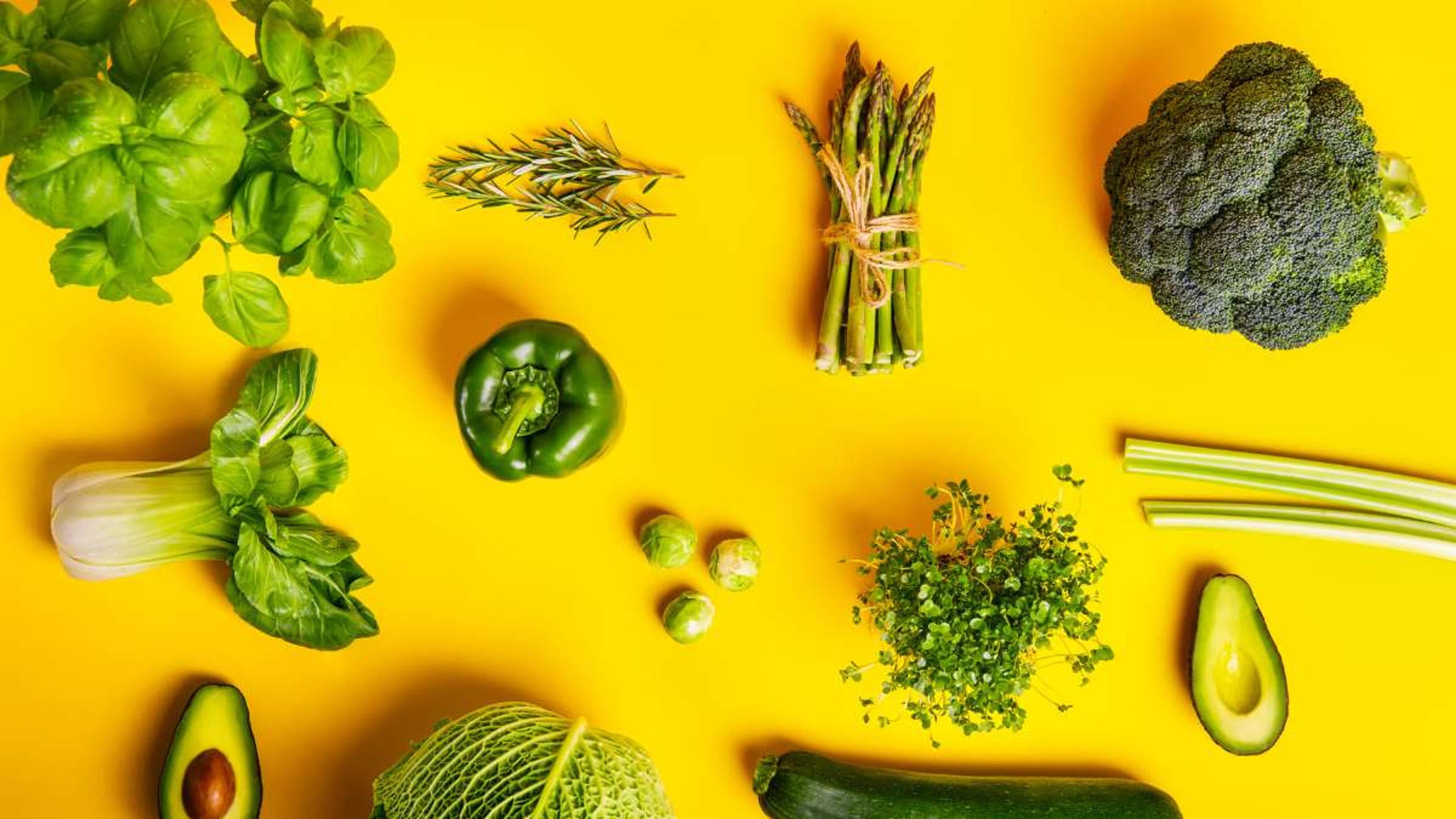
Iodine-rich vegetables like kale, watercress, potatoes and broccoli are excellent sources of iodine for vegans. Other vegetables that offer solid sources of iodine include artichokes and spinach. These nutrient-packed veggies not only provide essential vitamins and minerals but also contribute to meeting iodine needs.
Including iodine-rich vegetables in a vegan diet helps support thyroid function and ensure the body has enough iodine for proper metabolism. Additionally, organic potatoes and green beans are other plant-based options that can help increase iodine intake for those following a vegan lifestyle.
Few Legumes
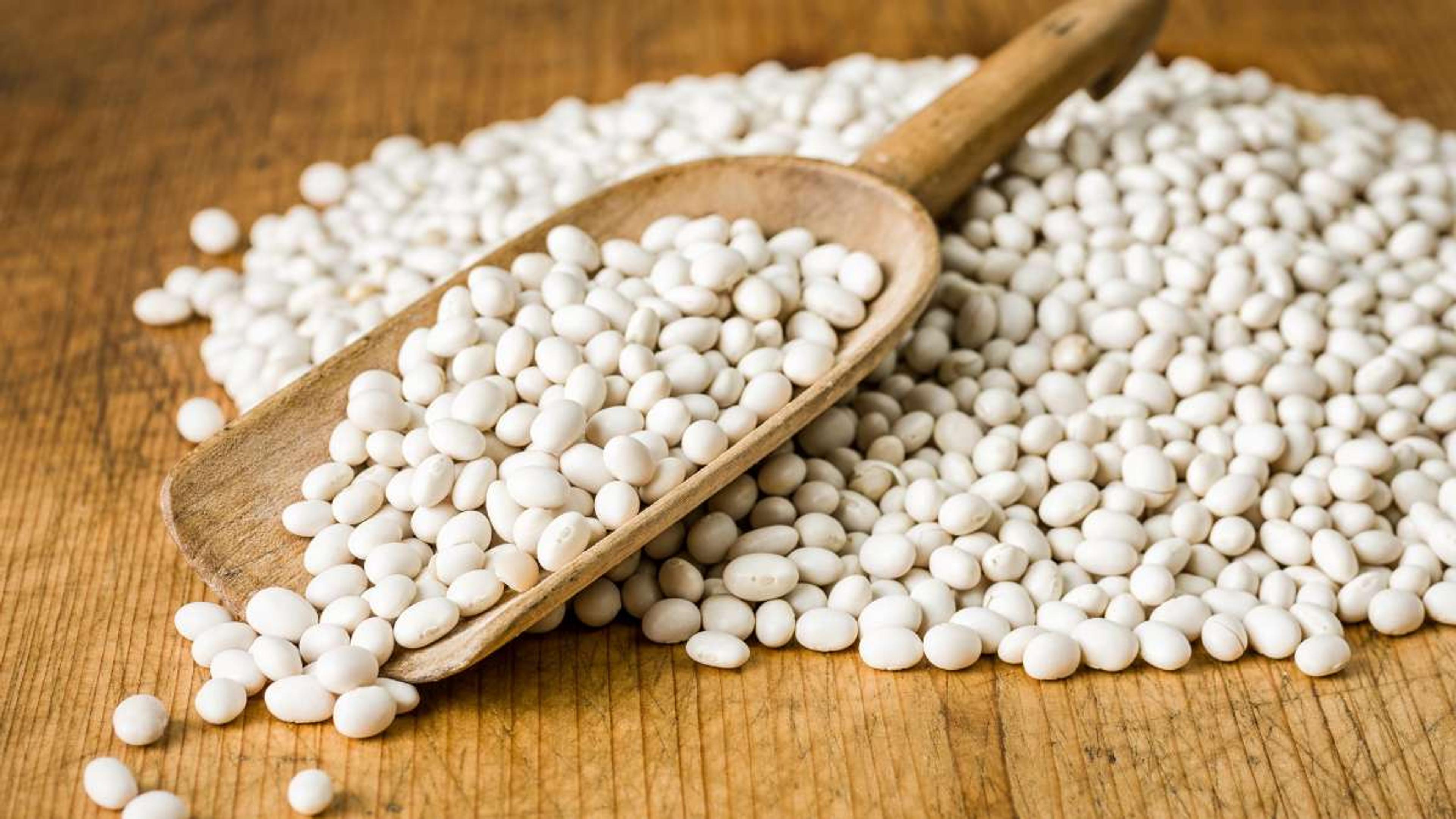
Green beans, navy beans and lima beans are legumes that provide a good amount of iodine, making them valuable additions to a vegan diet. These legumes are not only rich in iodine but also high in potassium, protein, iron, and fiber.
In addition to navy beans and lima beans, there are other plant-based foods that contain iodine such as whole grains, green beans, courgettes (zucchini), kale, spring greens, watercress, strawberries, and organic potatoes.
By incorporating these legumes into their diet, vegans can ensure they meet their iodine needs while enjoying a nutritious meal.
Fortified Foods (Iodine-fortified soy milk, almond milk, cereals, bread)
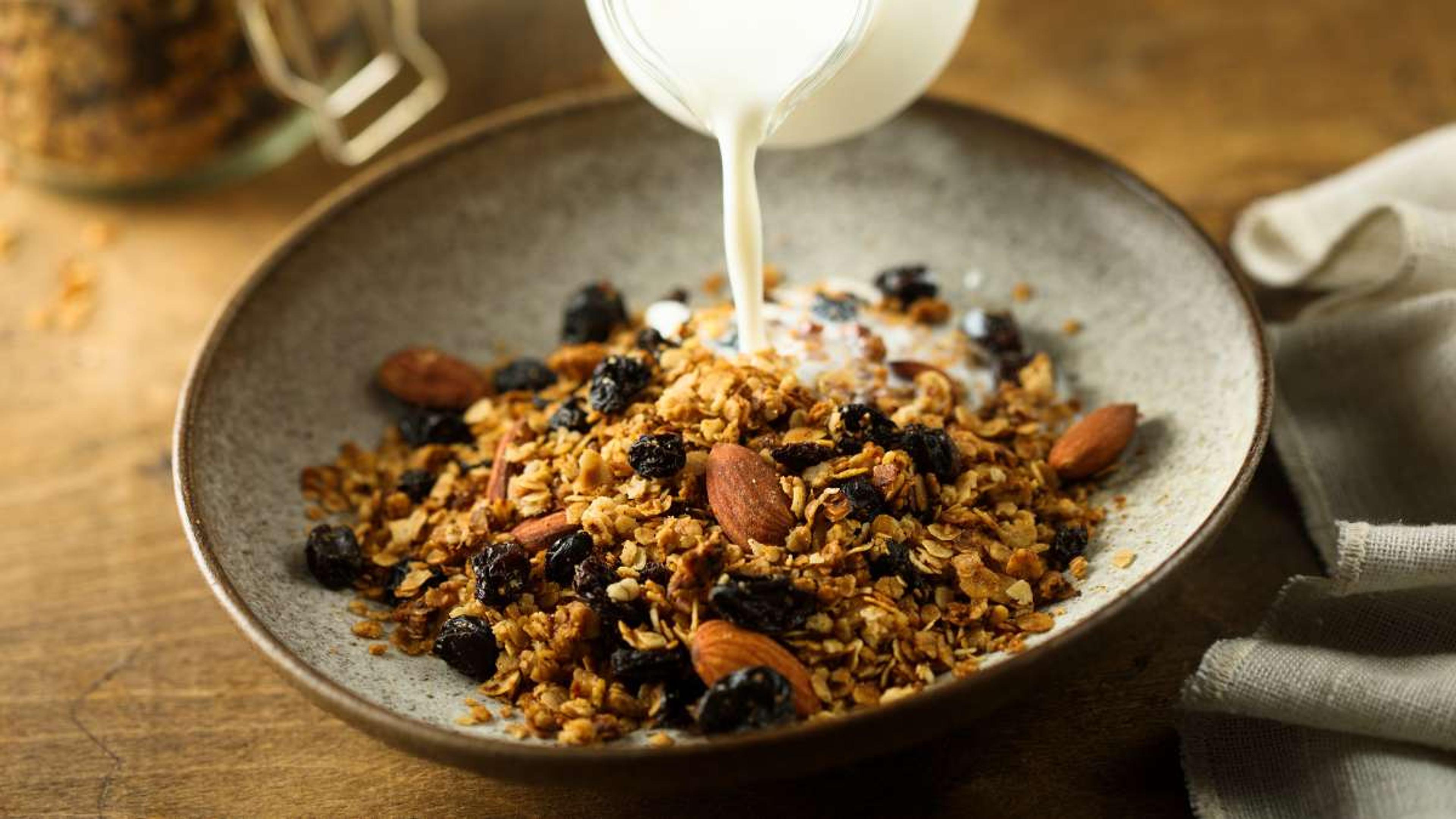
Fortified foods play a crucial role in providing essential nutrients for vegans, including iodine. Iodine-fortified cereals, bread and plant milk such as soy milk, almond milk are excellent sources of this important mineral.
These fortified plant-based options ensure that individuals following a vegan diet can meet their iodine requirements without relying solely on animal products. By incorporating these fortified foods into their daily meals and snacks, vegans can easily maintain optimal levels of iodine for proper thyroid function and overall health.
Iodine Supplements for Plant-Based Diets

While it is possible to get enough iodine from a well-planned vegan diet, some individuals may choose to supplement their intake to ensure they meet their requirements. Iodine supplements specifically formulated for plant-based diets are available and can be an effective way to ensure adequate iodine levels.
Before starting any supplementation, it's important to speak with a healthcare professional or a registered dietitian specializing in vegan nutrition. They can provide guidance on the appropriate dosage and help determine if supplementation is necessary based on individual needs.
Iodine Deficiencies and Issues on a Vegan Diet
While a well-planned vegan diet can provide all the necessary nutrients, including iodine, there are potential issues and deficiencies that vegans need to be aware of. It's important to address these concerns to maintain optimal health on a plant-based diet.
- Thyroid Dysfunction: Iodine deficiency can lead to insufficient production of thyroid hormones, which may result in thyroid disorders such as hypothyroidism, goiter, or other thyroid-related issues.
- Pregnancy and Fetal Development: Pregnant vegans who do not consume sufficient iodine may be at risk of adverse effects on fetal brain development, leading to cognitive and neurological impairments in the child.
- Breastfeeding Concerns: Lactating vegan mothers with iodine deficiency may have lower levels of iodine in breast milk, potentially affecting the infant's iodine intake and growth.
- Metabolic Imbalances: Inadequate iodine intake can disrupt metabolic processes, affecting energy levels, body temperature regulation, and overall well-being.
- Increased Vulnerability to Environmental Iodine Disruptors: Iodine deficiency may make individuals more susceptible to the negative effects of environmental substances that can interfere with iodine utilization in the body, such as certain chemicals and pollutants.
How to Incorporate Iodine-Rich Foods into a Vegetarian Diet
Incorporating iodine-rich foods into a vegan diet is essential to ensure optimal health and prevent deficiencies. Here are some vegan-friendly ideas to include Iodine in your diet
- Consume seaweed snacks, nori sheets, and dulse flakes as iodine-rich treats.
- Make homemade sushi rolls with nori sheets, avocado, and other veggies.
- Prepare seaweed salads and miso soup with tofu and mushrooms.
- Create a nourishing kombu broth for soups and stews.
- Roll up veggies, hummus, and dulse in nori sheets for wraps.
- Choose iodine-fortified plant-based milk and cereals.
- Include iodine-rich beans, lentils, and whole grains in meals.
- Make baked dulse chips by brushing strips with oil and baking.
- Mix nori with avocado for topping whole-grain toast.
- Add small pieces of kombu to stir-fried vegetables and tofu.
- Prepare dressings or sauces using iodine-rich ingredients like kelp powder or nori.
- Combine cooked rice with nori for seaweed rice rolls.
- Make edamame and seaweed salad with sesame oil and rice vinegar.
- Use seaweed in vegetarian miso ramen with vegetable broth, tofu, and veggies.
Cooking Methods for retaining Iodine content and enhancing absorption
To retain the iodine content and enhance its absorption in plant-based foods, it is important to use certain cooking methods. Here are some cooking methods that can help you maximize your iodine intake:
- Steaming: Steaming vegetables like broccoli and green beans helps to preserve their iodine content while also retaining their nutritional value.
- Roasting: Roasting seaweed such as nori or kelp can help maintain their iodine levels. Just be careful not to overcook them, as this may lead to iodine loss.
- Stir-frying: Stir-frying vegetables quickly at high heat can help retain their iodine content, especially when using iodine-rich vegetables like spring greens.
- Boiling in minimal water: When boiling vegetables, use minimal water and avoid boiling for extended periods of time. This helps minimize iodine loss, as boiling causes the highest iodine loss among cooking methods.
- Using the microwave: Microwaving vegetables for a short period of time can help retain their iodine content without causing significant losses.
- Avoiding excessive salt usage: While using iodized salt is beneficial for adding extra iodine to your meals, excessive salt usage during cooking can lead to iodine losses through leaching.
- Consuming raw foods: Some sources of iodine, like seaweed salads or fresh fruits and vegetables, can be consumed raw to maximize their iodine content.
Conclusion
In conclusion, while iodine can be a concern for vegans due to the limited plant-based sources, there are still options available. Incorporating seaweed, iodized salt, fortified foods, and supplements into a vegan diet can help meet the daily iodine requirements.
It's important to prioritize adequate intake of this essential nutrient for optimal thyroid function and overall health.
FAQs
1. What are some vegan sources of iodine?
Some vegan sources of iodine include seaweed (such as kelp and nori), iodized salt, fortified plant-based milk, and some types of fruits and vegetables grown in iodine-rich soil.
2. Can I get enough iodine from a vegan diet alone?
It is possible to meet your iodine needs on a vegan diet, but it may require careful planning and attention to ensure you are consuming enough iodine-rich foods or using iodized salt in your meals.
3. Are there any risks of not getting enough iodine on a vegan diet?
Yes, not getting enough iodine can lead to an underactive thyroid gland (hypothyroidism) and potential health issues such as fatigue, weight gain, dry skin, and impaired cognitive function.
4. Should I consider taking an iodine supplement if I'm on a vegan diet?
If you are unable to consistently consume adequate amounts of iodine through your diet alone, it may be worth considering an iodine supplement after consulting with a healthcare professional who can assess your individual needs.

